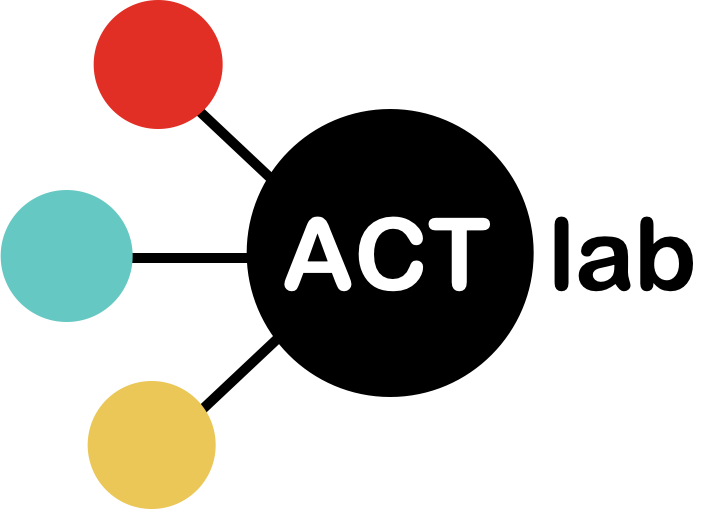Recent data acquisition methods have created a massive wave of quantitative epidemiological studies for identifying the biomarkers of either ‘neurodegenerative disease’ or ‘successful aging’ in the brain and genes. Often seen as objective and positivist opportunities, and massively funded by the private and public sectors, these studies have created very large datasets, requiring interventions from mathematicians and computer scientists to develop algorithms to search for patterns that predict risk factors for developing disability in older age; or determine what interventions mitigate these risks. Given the complexity of mind-body interactions; methodologically sophisticated approaches are proposed whose aim is to distill data to manageable and testable information about aging bodies and brains. However, these methodologies are often too opaque and the interpretation of this data is the subject of many debates in the fields of integrative neuroscience. This begs the question: How informed are those who agree to participate in these studies on aging and disease?
The aim of this research is to develop a better understanding of how large-scale studies that target older adults frame their research questions in the informed consent form. To do this, this study takes a three phase approach. First is a literature review to identify previous works that have looked at the process of obtaining informed consent in Aging studies. Next, this study gathers and compares ongoing large-scale studies that involve older adults as their subjects and include a neuroimaging component. Finally, it formulates a survey (based on the findings) and conducts a focus group study with participants in those aging studies.




